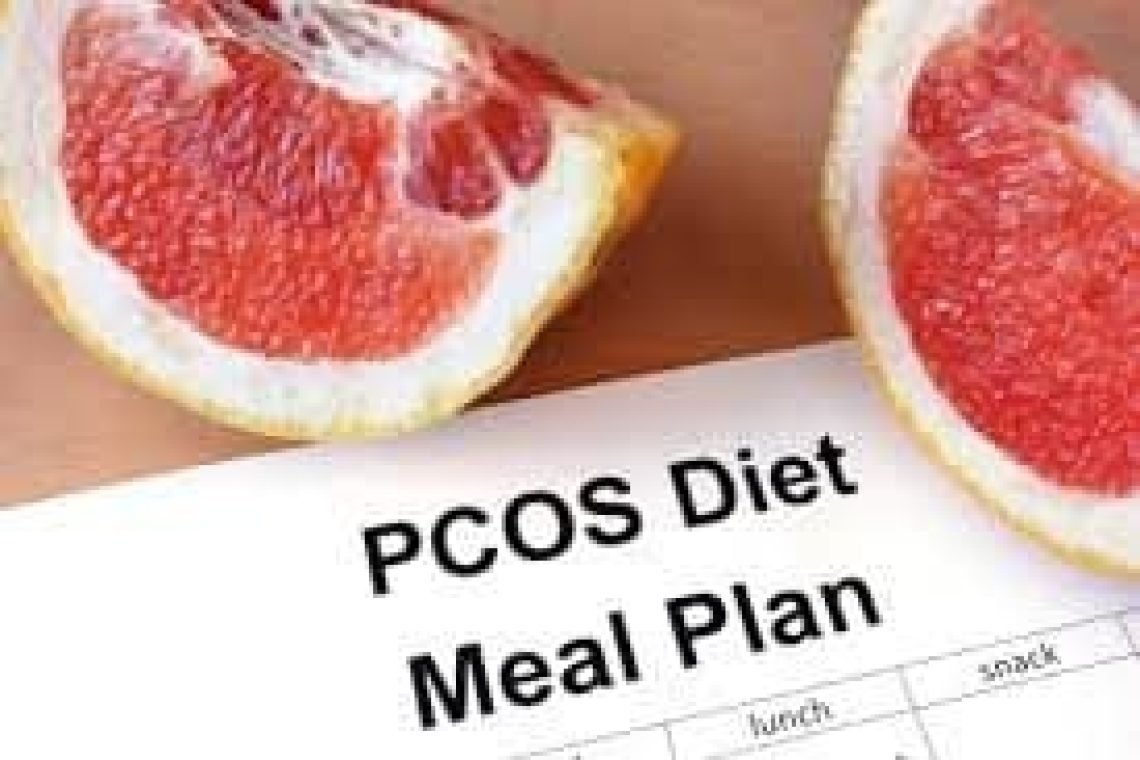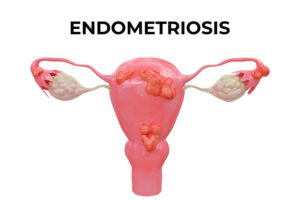If you want to know more about PCOS and its diagnosis, please click here.
If you’ve been told to ‘eat less and move more’, ‘lose weight’ or ‘come back if you’re having problems getting pregnant’ you are not alone. I assure you, there is so much that can be done to help you manage your PCOS and I agree, that ‘advice’ isn’t helpful. If you don’t want to lose weight, then don’t feel you have to in order to better manage your PCOS. If you feel you can’t lose weight and want to, then know that there are supplements and lifestyle changes that can help. In all women with PCOS, regardless of body fat levels and size, dietary manipulation and supplements are required to optimise treatment and management.
Here’s a look a few ways to manage PCOS with diet. They are simply options. You may not wish to do any of them, and that is your right! But know that there are other options too. I chose to write about these 4 as they are quite commonly discussed.
Nutrient distribution
There are many ways to improve fertility and symptoms in women with PCOS. Eating breakfast like a king and decreasing your calorie intake as the day moves on, can have significant benefits. In one study, 60 women with a healthy BMI who had PCOS were randomized into two groups, both of which ate the same amount of calories per day (~1800 kcal). However the two groups had different distributions of calories. A 980kcal breakfast, 640 kcal lunch and 190 kcal dinner or a 190 kcal breakfast, 640 kcal lunch and 980 kcal dinner. They ate this way for 90 days. Those in the “big breakfast” group experienced a 56% decrease in insulin resistance and a 50% decrease in testosterone. This reduction of insulin and testosterone levels led to a 50% rise in ovulation rate, indicated by a rise in progesterone, by the end of the study.
Low GI
Another approach involves modifying the glycemic index (GI) of the carbohydrates eaten to minimize the rise in insulin and glucose after meals. Scientists compared the effects of a low GI diet versus a regular diet in 96 women with PCOS for 12 months. Nearly all of the women following the low GI diet had regular periods (95% vs. 63% on a regular diet). What’s also important to note from this study is that despite not following a calorie restricted plan, the women with high insulin levels at the start of the study experienced a 2 fold greater reduction in body fat following the low GI diet.
Low Carb
When someone follows a lower carbohydrate and higher protein diet they are following a Low Glycaemic Load (GL) plan. A low GL plan is a common nutrition strategy for PCOS. A study in The American Journal of Clinical Nutrition showed a higher protein diet (greater than 40% of calories from protein) without caloric restriction resulted in greater weight loss (17 lbs vs. 7 lbs) despite not actively reducing calories. The women following this plan also lost more inches of their waist and a greater decrease in blood sugar levels.
Anti-inflammatory diet
A study published in The Journal of Clinical Endocrinology & Metabolism showed that postmenopausal women with PCOS had greater inflammation than women without PCOS. This was measured by checking their blood for C-reactive protein (CRP) levels. The level of this inflammatory marker was seen to worsen with age.
In 2015 researchers investigated the effects of an anti-inflammatory diet in women with PCOS. One hundred overweight women with PCOS ate a calorie reduced diet that consisted of 5 small meals with 25% proteins, 25% fat and 50% carbohydrates for 3 months. The diet was high in fibre and anti-inflammatory foods. Foods that are more pro-inflammatory were reduced. The average weight loss after 12 weeks was 7% and the women experienced significant reductions in cholesterol, blood pressure and fasting blood sugar levels. Additionally levels of CRP were reduced by about 33% and 2 in 3 women regained their regular menstrual cycle.
If you would like to try some dietary manipulation to help manage your PCOS, please book in with one of us for a chat today!











